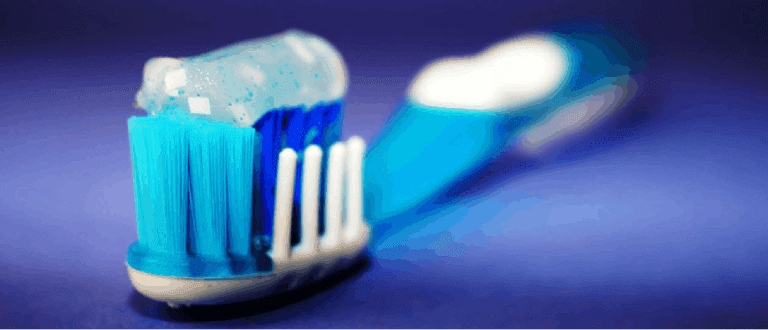India is a country with diverse culture and a large population still follows stringent religious practices. Month-long fasts are common amongst both Hindu and Muslims. Ramadan and Navaratri fasts are observed by almost one person in every family, often women.

Sabka dentist’s dentists are trained and are happy to help patients maintain the health of their teeth and also avoid bad breath during fasting.
During fasting, it is not uncommon to have a dry mouth, it is compounded by poor oral hygiene can make it worse. Some of the common problems due to dry mouth are:
- Dental caries – Tooth decay is a common feature and may progress much more aggressively without the action of saliva. It may affect tooth surfaces that are normally spared.
- Oral candidiasis – A loss of the antimicrobial actions of saliva may also lead to opportunistic infection with certain microbes, known as thrush.
- Altered taste sensation (e.g., a metallic taste) and an altered sense of smell.
- Bad breath
- Burning or tingling sensation in the mouth.
- Saliva that appears thick or ropey.
- Difficulty in swallowing and chewing, especially when eating dry foods. Food may stick to the tissues during eating.
- The tongue may stick to the palate, causing a clicking noise during the speech, or the lips may stick together.
- Difficulty wearing dentures, e.g., when swallowing or speaking.
- Mouth soreness
- Dry, sore, and cracked lips.
Dental treatment during fasting is not likely to invalidate the fast. This includes scaling, restorations and extractions. Our dentists take patients’ sentiments into consideration and also suggest alternative options to avoid decay or deterioration.
Listed below are some of the home remedies that a person can follow- during the period they are allowed to eat/drink :
- Sugar: Since dehydration is a major cause of dry mouth, it is vital to restore electrolytes in the body. Kitchen-made elixir works like a commercially prepared sports drink and is less expensive. Mix 1 teaspoon salt, 1/2 teaspoon baking soda, and 1 tablespoon sugar into a cup of water. Mix in a dash of lemon, lime or orange for added flavor. Drink 1 cup a day or more following heavy exercise, vomiting, or in case of diarrhea.
- Liquids: To help get food down. Try to complement each dish with sauce, gravy, broth, butter or yogurt. Food will be easier to swallow. Another option is to stick to soft, liquidy foods, such as stews, soups and noodle dishes.
- Breathe steam: It helps moisturize nasal passages and airways. Use a room vaporizer to add moisture to the bedroom air.
- Practice good hygiene: Without saliva, the mouth and teeth are more susceptible to decay and infection. Brush and floss regularly. During the day, rinse the mouth out with water or use a saltwater rinse.
- Protecting your teeth by brushing with fluoride toothpaste, using a fluoride rinse, and visiting your dentist regularly.
Book your dental checkup free now.





